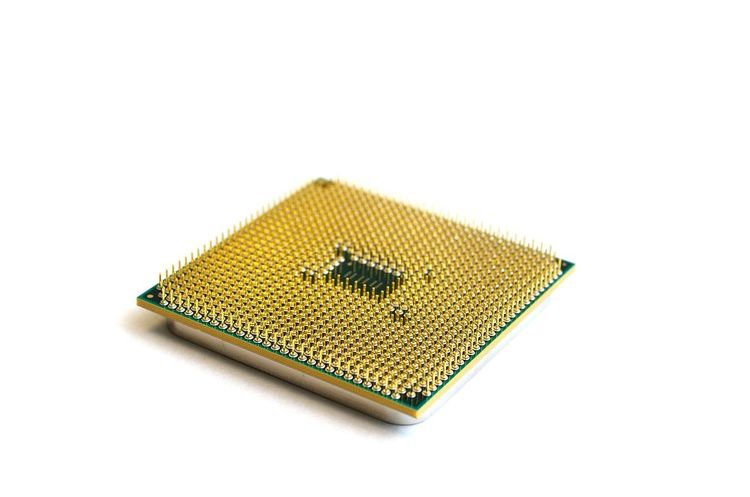Reliance Industries’ Jio Platforms has joined forces with Nvidia, a leading GPU manufacturer, to develop an advanced large language model tailored to India’s rich linguistic diversity. This strategic partnership, announced on Friday, marks a significant step for Reliance as it ventures into the rapidly expanding AI domain, which remains largely unchallenged locally.
The collaboration aims to create AI infrastructure that surpasses the capabilities of India’s fastest supercomputer by a substantial margin, although a timeline for this development has not been disclosed. Reliance plans to offer enhanced computing resources through its cloud infrastructure, facilitating access for researchers, developers, startups, scientists, and AI professionals across India.
Under this agreement, Nvidia will provide Jio with its cutting-edge AI supercomputer solutions, including the Nvidia GH200 Grace Hopper Superchip and Nvidia DGX Cloud, as well as the frameworks necessary for developing sophisticated AI models. Meanwhile, Jio will manage the AI cloud infrastructure, overseeing customer interactions and access.
“We are excited to collaborate with Reliance to build next-generation AI supercomputers in India,” stated Jensen Huang, Nvidia’s CEO, during his recent visit to the country where he engaged with local entrepreneurs and Prime Minister Narendra Modi. “India possesses the scale, data, and talent needed. With an advanced AI computing framework, Reliance can create large language models designed for generative AI applications tailored specifically for the Indian populace.”
Despite being the most populous nation globally, India has yet to establish a significant presence in the international AI landscape. Many Indian startups and established companies predominantly rely on large language models developed by organizations like OpenAI for their applications. In contrast, other countries and companies are in a fierce competition to acquire the coveted Nvidia chips essential for powering their own large language models.
Historically, Reliance’s primary revenue source has been its oil business, but in the last decade, it has diversified into sectors such as telecommunications and video streaming. Jio Platforms, supported by major players like Meta, Google, Qualcomm, and Intel, is increasingly positioning itself as a technology distribution partner for global enterprises. It has a 10-year agreement with Microsoft to establish cloud data centers and resell various business services; just last month, the company deepened its partnership with Netflix.
“As India transitions from a nation with abundant data to one that fosters technology infrastructure for widespread and rapid growth, computing and technology supercenters like the one we are envisioning with Nvidia will serve as catalysts for development, similar to how Jio transformed our digital landscape,” commented Mukesh Ambani, Chairman and Managing Director of Reliance Industries.
In a separate announcement, Nvidia revealed its collaboration with Tata Group to train 600,000 employees at Tata Consultancy Services (TCS) in AI advancements and to establish AI infrastructure within Tata Communications.
Industry experts note that the lack of AI-first startups in India can partly be attributed to a skills gap within the workforce. Analysts caution that the rise of generative AI could potentially displace numerous service jobs. “Among its over 5 million workers, the IT sector in India still has a considerable proportion of low-skilled employees, such as those in BPO and system maintenance roles. While AI is not yet at a disruptive level, its systems are evolving rapidly,” Bernstein analysts highlighted in a recent report.
In response to these challenges, New Delhi has announced that it will adopt a non-regulatory stance on AI growth, setting itself apart from many other nations.







